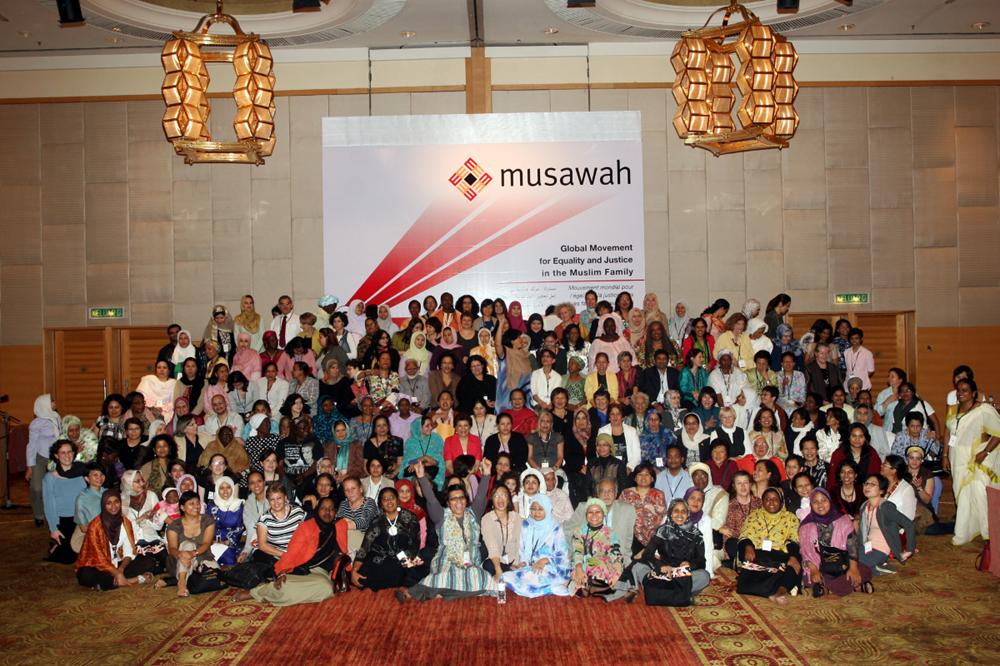The Niwano Prize 2025 goes to Musawah's commitment to women
The prestigious award, considered the ‘Nobel of religions’, was awarded this year to an international NGO founded in 2009 and active in dozens of Muslim-majority countries for the promotion of women's rights. ‘It strengthens peaceful coexistence by creating a basis for interfaith dialogue’. The award will be presented in Tokyo on 14 May.
Tokyo (AsiaNews) - The 42nd Niwano Prize, considered the Nobel Prize for religions, has been awarded to the international NGO Musawah, an interfaith organisation active in promoting women's rights in the Muslim context. The announcement was made today in Tokyo by the Committee of the same name that, in the name of Nikkyo Niwano, first president of the lay Buddhist organisation Rissho Kosei-kai, has been awarding this prestigious prize since 1983.
The choice of Musawah intends to reward – as we read in the motivation – ‘its immense efforts to strengthen citizenship and peaceful coexistence in different societies and to create contexts and platforms for interreligious dialogue and spiritual solidarity. Musawah cultivates and values relationships based on trust, respect, care, fairness and reciprocity.
It addresses the socio-economic, legal and political discrimination of gender throughout human history. Its aim is to bring out the voices of women who have long been silenced in cultural and religious societies.
Its international network includes hundreds of advocates from Asia, the Middle East, Africa and the Global North in over 40 countries, who are striving to bring about positive changes in attitudes, practices, laws and policies in support of the human rights of women and girls in Muslim countries’.
Musawah was founded in 2009 by a group of Muslim women active in interfaith dialogue, including Zainah Anwar from Malaysia and Ziba Mir-Hosseini from Iran. As an international non-governmental and non-profit organisation, it has ‘special consultative status’ with the United Nations Economic and Social Council.
The partner groups and supporters of its network are autonomous, but share a common vision for the advancement of women, human rights and peace. Most of these partners come from Afghanistan, Egypt, Gambia, Indonesia, Jordan, Malaysia, Morocco, India, Pakistan, Turkey, Sudan and Uganda.
The Musawah education network is committed to increasing the participation of women in leadership roles in Muslim contexts. It encourages women to fight for justice, involving them in political processes and civic engagement in favour of humanity. Musawah's partners are also committed to eradicating gender-based violence.
To this end, they are conducting seminars and training for women, so that they take a stand against this form of abuse and increase the resources available to protect women in their societies.
‘In conclusion,’ writes the Niwano Prize committee, ’Musawah is contributing immensely to the cause of women's leadership in interfaith dialogue, human rights and peaceful coexistence.’
The award ceremony will be held in Tokyo on 14 May. Together with the diploma, Musawah will receive a medal and a cheque for 20 million yen (approx. 125 thousand euros ed.).







.png)










